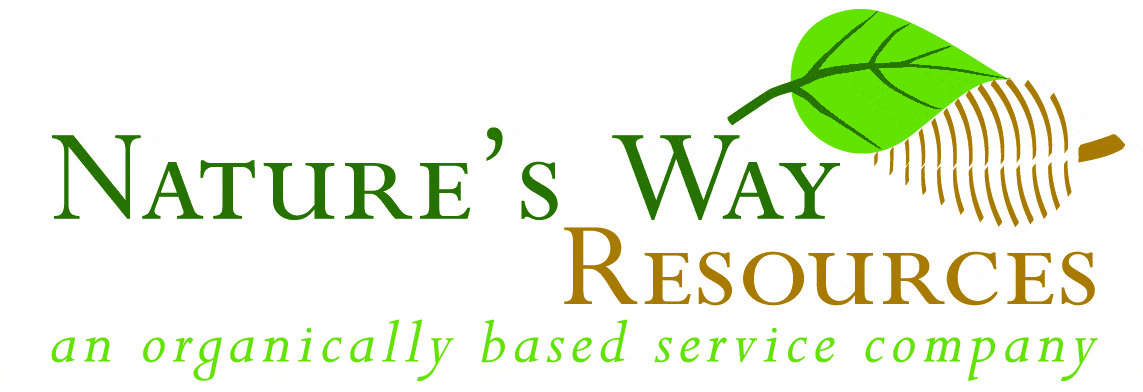John's Corner:
Soil & Plants (Part 108)
News from the Wonderful World of Soil & plants 108
By: John Ferguson
A new study from the University of Portsmouth has discovered that mature plants help younger plants survive and as a result they are more successful themselves. This is contrary to the assumed long held belief that plants are always in competition. In ecology this process of helping young plants (nurturing?) is called facilitation. This supports other research that diversity is the key in having healthy gardens or ecosystems. Journal of Perspectives in Plant Ecology, Evolution and Systematics, 2019
We often talk about the importance of trace elements for the soil to animal and human health. A talk that started researchers to study the link between elements (minerals) in the soil and human health was given by Dr. Joel Wallach in 1994. Every thing he mentioned in this talk has been confirmed numerous times by other researchers. This talk is now available on YouTube for free. The talk is not only informative but at times funny with his country boy humor to make a point.
“Dead Doctor’s Don’t Lie”, by Joel Wallach, DVM, DO – nominee for a Nobel Prize
For many years I have been teased with comments like “Compost Grandma and enjoy her forever”. There is now a company based in Seattle called “Recompose” that provides this service. Composting has been used for many years in agriculture as a clean and effective way to get rid of dead animals. In addition to Washington state,Colorado is also considering legalizing the process as it is less costly and safer than traditional methods.
The University of New Mexico Health Sciences Center has found a new environmentally friendly way to kill mosquitoes . The researchers discovered that mosquito larva love to eat yeast. They have developed a way to incorporate orange oil into the fungus we call yeast, hence when the larva eats the yeast with the orange oil they die. They found this method is especially effective for the mosquitos that carry dengue, chikunguya, and Zika diseases. Field trials are in progress in Brazil. Journal of Parasites and Vectors, 2020.
Researchers at the University of Montana have discovered that birds communicate by the sounds they make even from different species. Many species of birds have developed special sounds that are specific warning calls that state “snake on the ground”, “flying hawk” or “perched hawk”.
Other birds recognize these calls and pass them on. This communication can be relayed and speed through the woods at 100 mile per hour. For example, when a bird hears the warning call for a hawk they dive into the nearest bushes for cover.
A chickadee can vary the call to even the type of threat (low threat like a great horned owl versus high threat pygmy owl). They also determine if the threat is direct or just “fake news”. As stated by one of the researchers “There is a lot of intelligence being used”. Journal of Nature Communications, 2020
With the news full of stories about viruses, what can we do to strengthen our immune systems? Many medical studies have shown that fermented vegetables and pickled vegetables help us to be more resistant to viruses.
One of my favorites is pickled okra. Okra is a warm season vegetable that grows extremely well along the Gulf Coast and a great way to stimulate one’s immune system. It is an excellent source of vitamins C and K-1, both are known for strengthening our immune system. It is a source of protein and fiber, full of antioxidants and polyphenols that help fight inflammation. Additionally, the lectins in okra naturally suppress some types of cancer cells. As a bonus it also has contains some A and B vitamins.
Okra produces large yields in small spaces all summer long and will grow in most soils with minimal care. As a member of the mallow family It has beautiful hibiscus like flowers.
It is a great addition to the spring vegetable garden, and yes for the purists out there, okra is technically a fruit and not a vegetable.

